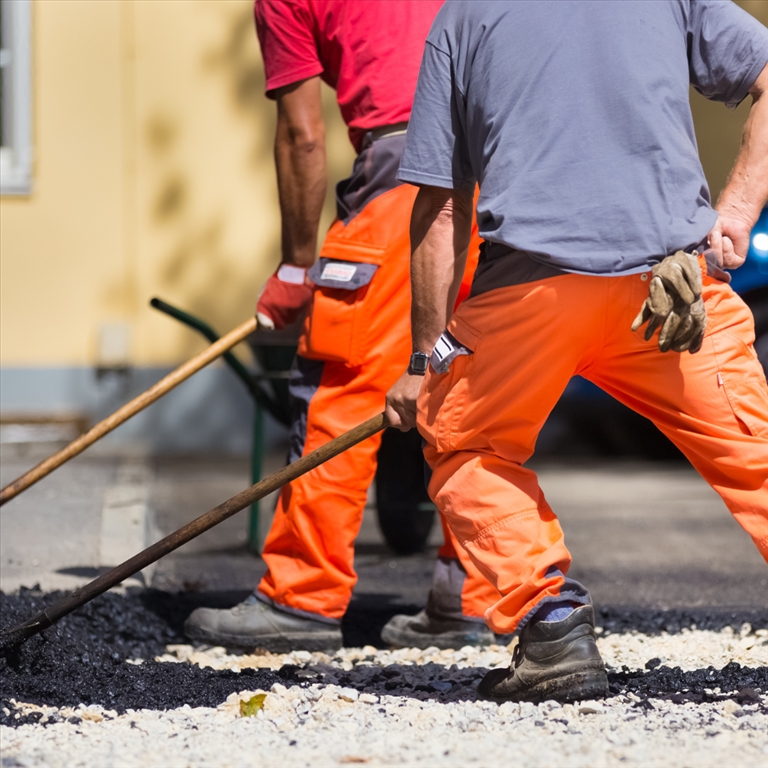
QUESTION
We have a number of employees who undertake manual handling operations. One employee has suggested that we should be providing some form of health surveillance where such manual handling is undertaken. Are we obliged to do this?
ANSWER
Health surveillance in the workplace is undertaken for a number of reasons, to:
Regulation 6 of the Management of Health and Safety at Work Regulations 1999 states that “every employer shall ensure that his employees are provided with such health surveillance as is appropriate having regard to the risks to their health and safety which are identified by the assessment”.
In support of this, the Health and Safety Executive website states that health surveillance is required if all of the following criteria are met.
Under regulation 4(3) of the Manual Handling Operations Regulations 1992, the employer is required to take into consideration as part of the initial risk assessment any outcomes from health surveillance when considering whether manual handling may involve a risk of injury to an individual.
However, in respect of more general health surveillance, the third bullet point is of most pertinence. L23, official guidance to the Manual Handling Operations Regulations 1992, makes reference to this and states that “currently no techniques are available that would reliably detect early indications of ill health caused by manual handling and there is therefore no requirement for health surveillance to be carried out”.
Similarly, HSG61 Health Surveillance at Work states that “valid ways to detect ill health conditions associated with these hazards do not exist and/or the link between the work activity and the ill health effect is uncertain”.
However, both the above documents do suggest that some form of monitoring may be beneficial.
L23 suggests that health monitoring good practice could be considered. This would require putting in place “systems that allow individuals to make early reports of manual handling injuries or back pain”. Where appropriate, these can be supplemented by monitoring sickness absence records, lifestyle and health promotions and annual health checks.
This article is by RoSPA and is reproduced courtesy of Safety Groups UK via NI Safety Group who are a lead partner with WHLGNI.

This article by RoSPA is reproduced courtesy of Safety Groups UK.
Find out further information on RoSPA membership.